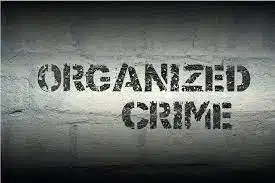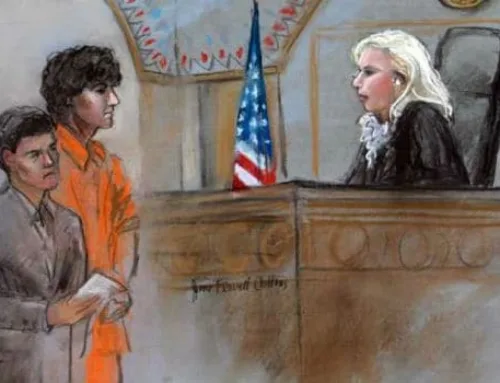Leading organized crime is a serious offense under Washington’s criminal laws. You generally commit this crime if you lead, manage, or finance a group of people to commit certain offenses for financial gain. The crime is usually charged as a felony and can lead to years in state prison. Please contact a skilled criminal defense attorney now no matter whether you are facing a felony or misdemeanor charge.
How Does Washington Law Define Leading Organized Crime?
RCW 9A.82.060 is the Washington statute that defines the crime of leading organized crime. According to section (1)(a) of this law, you commit this offense if you:
- Intentionally lead, organize, manage, direct, supervise, or finance three or more people, and
- Do so with the intent to engage in a pattern of committing crimes for financial gain.
Note that under section (1)(b) of RCW 9A.82.060, you can also lead organized crime if you:
- Intentionally incite or induce others to engage in violence or intimidation, and
- Do so with the intent to accomplish a crime for financial gain.
Note that leading organized crime is a similar offense to conspiracy.
What Are the Penalties?
A violation of RCW 9A.82.060(1)(a) is a class A felony. The offense is punishable by:
- Life in prison, and/or
- A maximum fine of $50,000.
A violation of RCW 9A.82.060(1)(b) is a class B felony. The offense is punishable by:
- A prison term of up to 10 years, and/or
- A maximum fine of $20,000.
Can a Defendant Raise a Legal Defense?
Yes. People charged with leading organized crime can contest the charge with a legal defense. Note that the crime in question is a specific intent crime, meaning that you are only guilty of an offense if you act with a specific intent to organize, lead, finance, or incite other people. A defense, then, is for you to show that you did not act with this intent.
Consider, for example, the scenario where you are holding a demonstration in a park with the intent to bring awareness to a certain topic. A group of people are watching and, from your actions, are moved to intimidate others to commit a crime for financial gain. If you are later charged with leading organized crime, you can likely beat the charge by showing that you never intended to incite others.
Note that you can also challenge a leading organized crime charge by showing that the police violated one of your constitutional rights. For example, you can likely get a charge dropped by showing that law enforcement:
- Arrested you without probable cause,
- Coerced a confession, or
- Performed an unlawful search or seizure.
Contact Black & Askerov for Help
While a defendant can raise a legal defense to challenge a leading organized crime charge, it will take a skilled criminal defense attorney to raise the best defense. The experienced criminal defense attorneys at Black & Askerov have over 30 years of combined experience defending clients on criminal charges. Our attorneys will fight tooth and nail for you at every step of your case. Contact us now to get the legal help you deserve!






